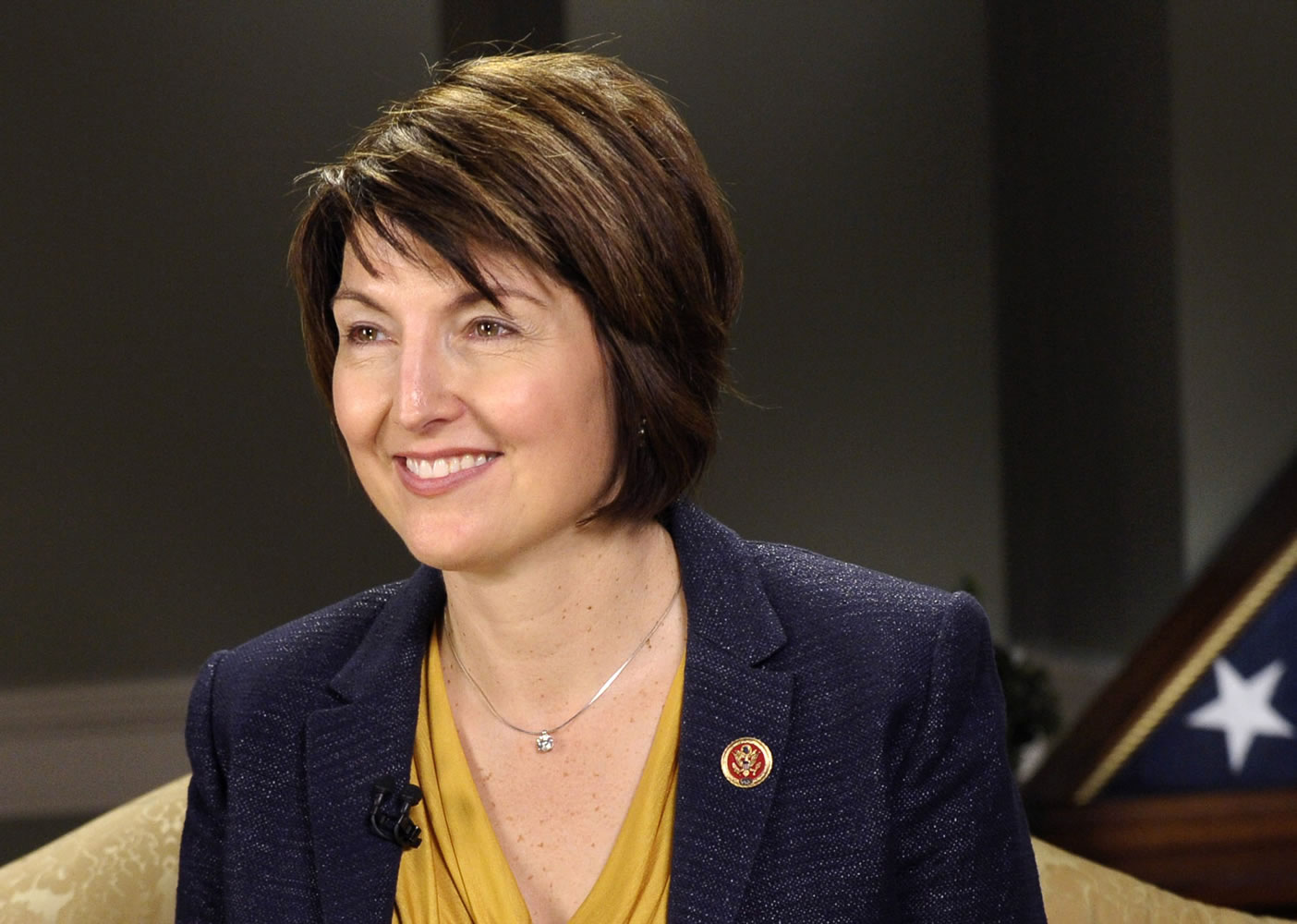Medical residents who work at Spokane’s Teaching Health Center are more likely to stay local, practice primary care and serve rural areas than their counterparts trained at hospitals.
But funding for 18 of the center’s residency spots will be cut unless a bill sponsored by Rep. Cathy McMorris Rodgers becomes law by the end of the month.
The bill, dubbed the Training the Next Generation of Primary Care Doctors Act of 2017, would re-authorize a federal program to fund teaching health centers for another three years, and allow for up to 60 new residency slots at new teaching health centers.
It currently has 68 co-sponsors in the House, including 48 Democrats, but has sat in committee since it was introduced in July. Hearings on the bill held last week went well, McMorris Rodgers said at a meeting Wednesday with health care providers and executives in Spokane.
“This is a national model,” she said of Spokane’s Teaching Health Center.
Nationwide, there are currently 732 residents training at 57 teaching health centers in 24 states, according to the Health Resources and Services Administration.
Teaching health centers, first created under the Affordable Care Act, were designed to address a nationwide shortage of primary care doctors, especially in rural areas. While many traditional residencies are based in hospitals, teaching health centers are community-based primary care offices designed to encourage doctors to stay in the community.
Spokane’s center, which opened last August, houses residents from Providence Health Care’s traditional family medicine, internal medicine and other residency programs, in addition to new slots created by the teaching health center funding.
Nancy Vorhees, the center’s executive director, said it costs about $157,000 a year to house a single medical resident. That includes the resident’s salary and benefits, as well as instructors.
It’s an especially crucial time for medical programs in Spokane. Washington State University’s medical school welcomed its first class of 60 future doctors to Spokane in August, and those students will need residency slots to fill once they graduate. Providence, WSU and other players would like to see a net increase in the number of residencies available in Eastern Washington.
“We don’t want to go backwards,” said Judy Benson, director of the internal medicine residency at the teaching health center.
Dr. Bob Maudlin, Providence’s local director of graduate medical education, said residency programs are making admission decisions now and need to know how federal funding will play out so they can plan ahead.
“The next 90 days are critical for these programs to make decisions,” he said.
McMorris Rodgers said she’s “very hopeful” the bill will pass, and pointed to its bipartisan support. She encouraged Vorhees and others at the table to contact other representatives, as well as Washington’s Senators.
A nearly identical bill has been introduced in the Senate, where it’s currently sitting in the health committee.



